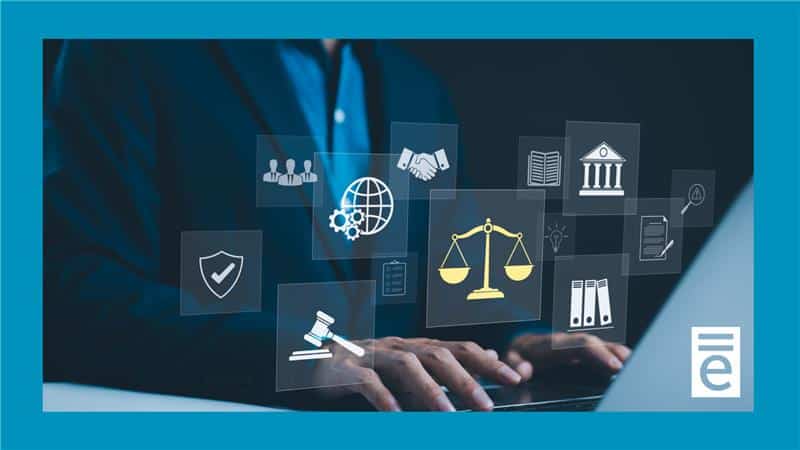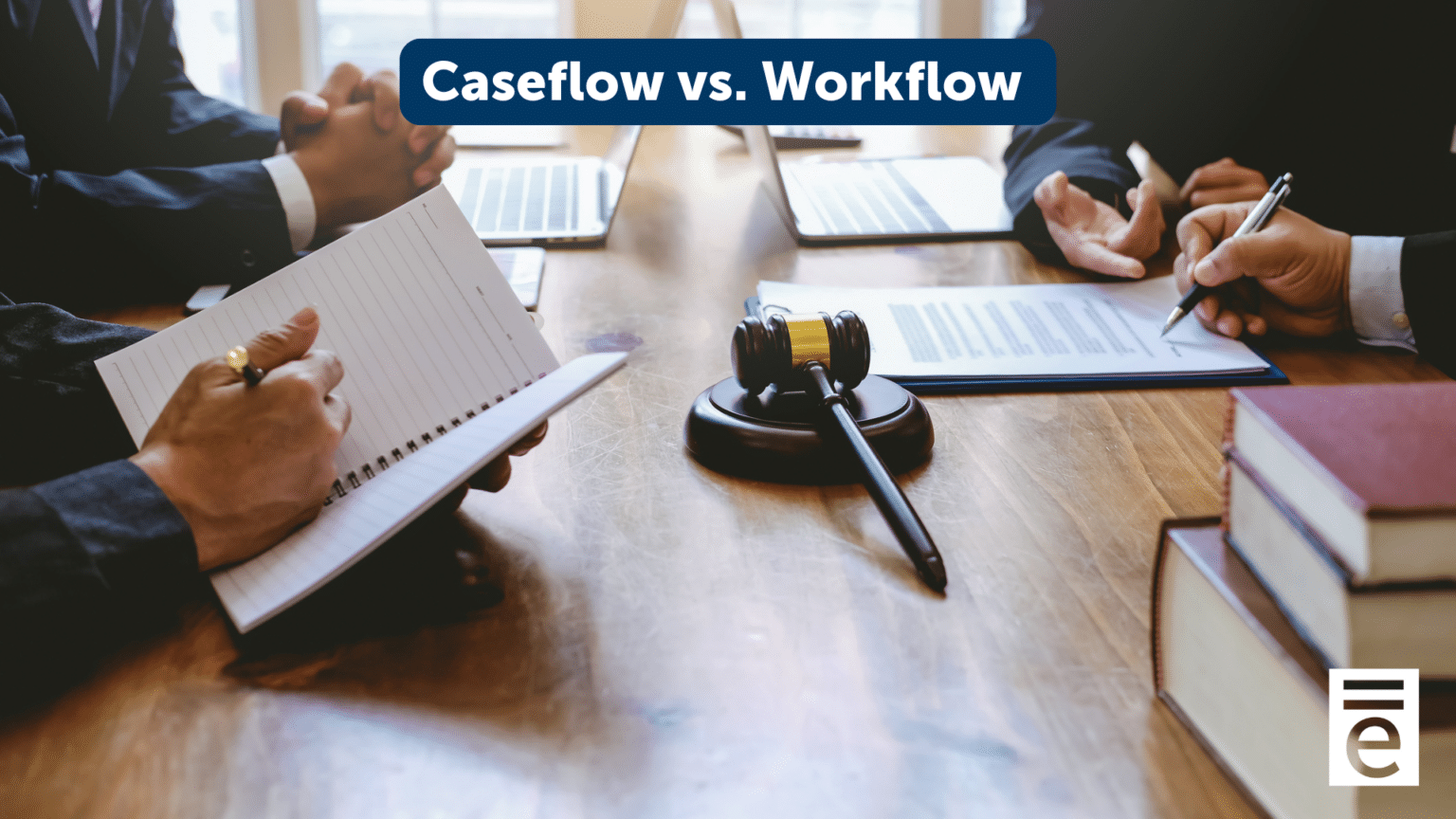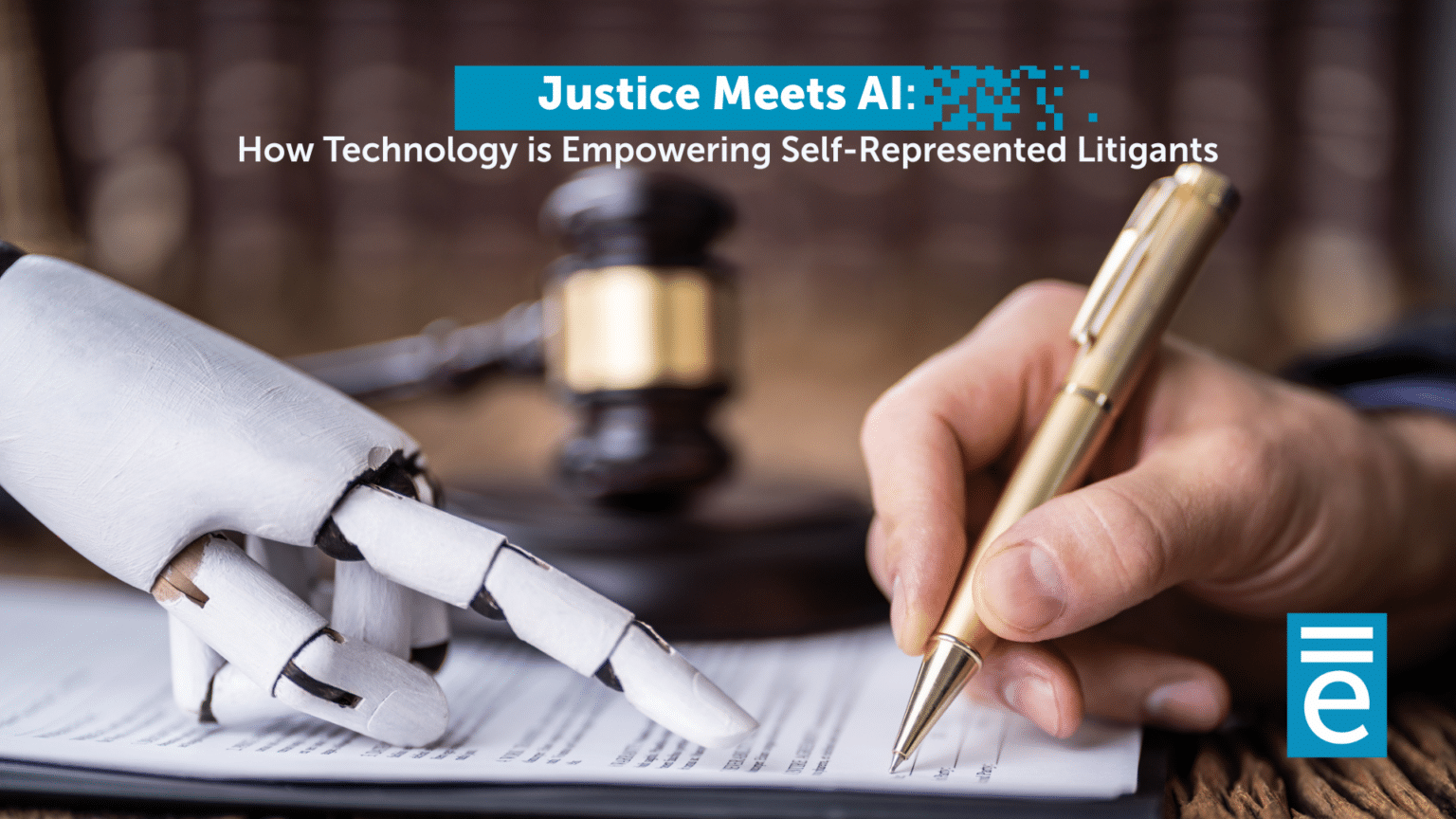EQUIVANT Court
Blog
Whether you are considering investing in a case management solution or you’ve already implemented one, we have content to assist your team. Not finding what you’re looking for?

CMS Migration Essentials: Why Preparation Matters More Than the Platform
Every CMS migration has challenges. The difference between a painful transition and a successful one is rarely the platform; it’s the preparation. Read our five tips for preparing your court for a CMS migration.

The Lasting Impact of Virtual Court
Courts rapidly adopted technology at the pandemic’s start. Now they have the opportunity to combine remote and in-person proceedings and services to best serve justice and the public.

Justice Trends in 2026: Navigating AI, Data, and Digital Transformation in a Pivotal Year
2026 is shaping up to be a pivotal year for courts and justice systems. Read about the top trends we anticipate to see this year as technology and court processes continue to evolve.

7 Essential Features to Look for When Future-proofing Your CMS
To future-proof, courts need a strong foundational case management system that will fully meet their needs now and be component-ready for the future. Find out what 7 features you should be looking for when upgrading or auditing your CMS.

Boost Compliance, Cut Costs, and Build Trust with equivant Court’s Automated Reminders
Courts that implement a reminder system are seeing higher appearance rates, more timely payments, improved caseflow, and better relationships with the communities they serve.

Unmasking Deepfakes: The Justice System’s Fight for Authenticity
In an era where seeing is no longer believing, the justice system faces a major challenge: how to uphold truth when AI-generated deepfakes can distort reality. Learn more about this ongoing battle in the justice space and what is potentially to come.

5 Reasons Courts Need a Project Champion for Successful Tech Implementations
Explore 5 reasons why courts need a project champion for their technology implementation projects and how they can keep a team goal-focused and on schedule.

9 Ways Your Court Can Make Justice More Accessible
In an era where technology is transforming every aspect of our lives, the justice system is no different. Explore 9 ways technology is making justice more accessible for communities across the country.

Go with the Flow… Caseflow vs. Workflow
When the case is flowing, the work is flowing… or is it? We hear caseflow and workflow used interchangeably in many courts, and the truth is, they’re distinct functions that both need to be moving along smoothly to serve your community.

Embracing Change: Effective Strategies for Technology Adoption in Courts and Administrative Agencies
Courts and administrative law agencies face the growing need to modernize systems and processes. The greatest challenge involves managing change in a way that maintains operational continuity while embracing new technologies. Because of this, strategic

Justice Meets AI: How Technology is Empowering Self-Represented Litigants
In courtrooms across the country, a quiet revolution is underway. As legal systems wrestle with the rising number of individuals navigating the justice system without legal representation, artificial intelligence (AI) is emerging as a powerful

Understanding Case Management Systems: A Quick Guide for Courts and Administrative Law Agencies
For both courts and administrative law agencies, managing cases efficiently and effectively is crucial. A Case Management System (CMS) is a powerful tool designed to streamline and enhance the management of cases from inception to